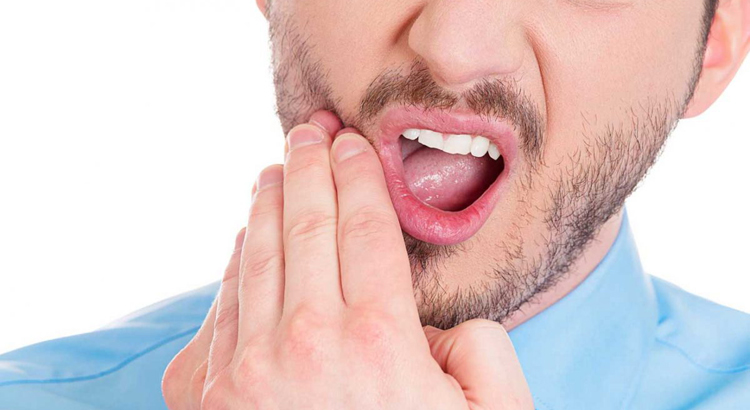As we’ve already covered, you sadly aren’t going to avoid problems with wisdom teeth with an electric toothbrush and water flosser. You’re predisposed to these kinds of problems or you aren’t – it’s as simple as that!
So having established a few of the basics, here is the concluding part of our guide to the often daunting prospect of wisdom tooth surgery:
Who Should Perform Wisdom Teeth Removal Surgery?
It’s a good idea for your own benefit to consider the options available, when it comes to choosing who exactly will perform the procedure. The reason being that certain dentists specialise in specific types of treatment and have earned outstanding reputations for getting the job done quickly, painlessly and professionally. So rather than simply assuming that your current dentist is the obvious choice, it’s worth doing a little research beforehand. Seek the kinds of dentists that have received the best reviews and recommendations from their past and present patients, in order to make a wise and informed decision.
How Should I Prepare for the Surgery?
Technically speaking, there isn’t a great deal you need to do and nor are there many differences between this and most other dental procedures, in terms of preparation. For obvious reasons, you should make sure you’re in a generally good state of health beforehand, avoiding any procedures like these if you have any kind of virus, infection or everyday illness of any kind. It may also be a good idea to avoid this kind of surgery if you are currently going through a period of high stress, anxiety, depression or insomnia. If you do not currently qualify for surgery, your dentist will tell you – it’s up to you, however, to be honest.
In addition, there may be various prescription and non-prescription medications that will need to be removed from your system entirely, before the surgery can go ahead. As such, you need to ensure that your dentist is made fully aware of any medications you are currently taking, in order for them to advise accordingly. Your dentist will also advise on how you should handle eating and drinking in the 24 hours or so prior to the surgery being carried out, which will be determined largely by your choice of anaesthesia.
Given the fact that you will not be able to properly brush your teeth and clean your mouth for a good while after the surgery has been carried out, you might want to think about giving your mouth an incredibly immaculate clean prior to the surgery. All other important aspects of preparation will be explained to you fully by your dentist.
What Can I Expect in Terms of Pain and Discomfort?
Dental surgery has come a long way over recent years and it is highly unlikely you will feel any pain whatsoever, regardless of your chosen form of anaesthesia. You may experience a certain amount of discomfort – it all depends on the nature and complexity of the procedure.
What About Nervous Patients?
It’s natural to be nervous before this kind of surgery, but those with advanced dental phobias can find the prospect too much to handle. In such instances, there’s always the option of general anaesthetic, which means that the individual in question will be completely unconscious and therefore unaware of anything happening at all. The only downside with general anesthesia being that the recovery time can sometimes be extended slightly, as the drugs make their way out of your system.
What should I Be Doing After the Procedure?
Once again, your dentist will not let you leave without first providing you with comprehensive instructions and guidelines on what you should and should not be doing during the recovery period. Generally speaking, the vast majority of it comes down to simple common sense, in terms of eating, drinking and general everyday oral hygiene.
For obvious reasons, you will be advised not to eat or drink anything that is particularly hot, which may damage the treated area. Likewise, anything that is hard, sharp or likely to leaves bits and pieces stuck all over your mouth isn’t going to be your friend for a while. You may be advised to drink through a straw, stick with liquid foods for the first few days and use a specialist mouthwash to keep your mouth clean. In addition, you will probably also be advised not to poke and prod at the treated area with your tongue, as doing so can increase the likelihood of infections and other complications.
Plenty of rest and relaxation will probably be prescribed, as well keeping your head elevated for the first few days at least. You might be advised to stay away from certain activities like driving or operating heavy machinery for a few days, but again this will be advised by your dentist. After a few days or so, you will be asked to visit your dentist again for a follow-up appointment, just to see how everything is progressing.
And don’t be surprised if your dentist asks you to exit through something of a ‘secret’ back door following the surgery – they’d usually prefer you not to freak out those waiting patiently in the waiting room!
